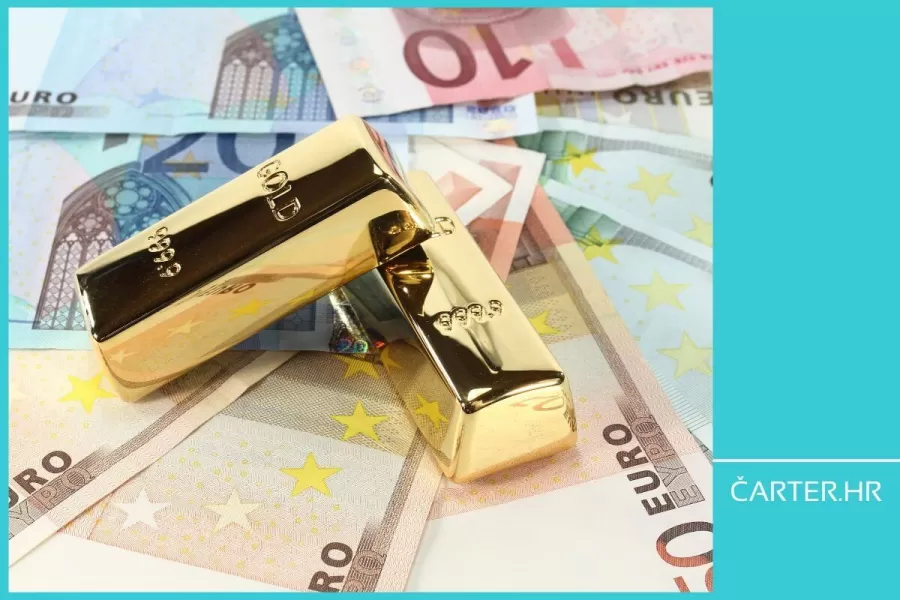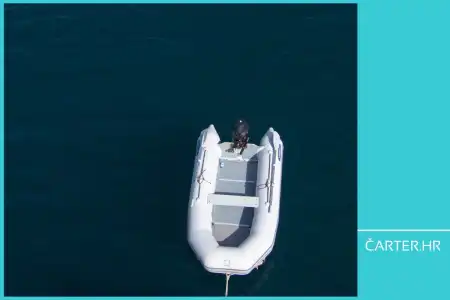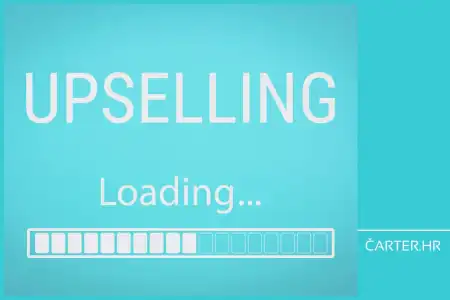
We live in challenging times. Interest rates are rising, and it seems that the economic crisis will never end. While the past has taught us the importance of planning and reserving resources, it looks like the tourism industry can profit from geopolitical tensions. Ivica Žuro reveals to us savings options and where to invest wisely.
The saying goes - may you live in exciting times - which increasingly seems more like a curse and less and less a statement of what has been seen.
And it's very relevant... Because at the moment when interest rates are rising, the economy has not even come out of recession – those with more extended memory say that we have never come out of it - and new moments of crisis, new surprises are what is least needed.
When the economy plays its game
Interestingly, the war between Israel and its neighbours in 1973, the closing of Suez, and the resulting oil crisis brought about a major novelty in Western economies.
That is the planning of business processes, including outstanding events, and the development of awareness that critical resources should be in sufficient stock and always have one source in reserve.
The management of operational risks and business continuity appeared in oil, shipping, and financial companies and has since become one of their normal functions.
Who knows what lessons will be learned from this war 50 years later. Maybe everyone should look at their interests and cooperate in common ones, but of course with the awareness that the primary thing is not to make moves for the sake of the village but in their own interest.
Speaking of which, every war in the Middle East is an asset for Croatian tourism globally. The average tourist travelling by plane to a not-too-distant destination across the Mediterranean Sea is still already thinking about adjusting their plans.
And given that domestic tourism is practically not managed, as it has been for many years until now, we - if there are no security situations - could benefit. Maybe even a lesson.

Where to go with surplus money after the season
But let's get specific. We are interested in two things: how to invest the surplus money left in the business account after the season?
Speaking of Croatia's favourite investment - the concrete - the rise in prices has shaken even those who have accumulated amounts of several hundred thousand euros or more.
The most conservative option is classic savings.
If you are a business user, the advantage is that it is a straightforward and quick procedure.
Given that annual interest rates for legal entities currently range to 3.00% per year, simple math says that EUR 200,000.00 fixed for 1 quarter at the stated rate will bring you EUR 1,500 in earnings.
It's not much, but anyway, the money would lie in the call account, and you wouldn't get anything. This way, you'll cover at least part of the other expenses.
Another potential is investing in mutual funds.
The risk exists, and you have to be aware of it (it exists everywhere), but it turned out to be small. Roughly, the yield in the money fund follows that of classic savings, although due to the low level of domestic interest on savings, it was several times higher.
Here, too, the trump card is that you can get funds quickly. Who knows, maybe luck will kiss you, and the yield will be even higher than this current one.

Gold - eternal value or?
The third option is metals, namely primary gold.
Its value is constantly increasing (mostly), and, of course, in any emergency situation, portability, appreciation, and marketability are an asset. Plus, no currency in the world doesn't recognize the conversion of domestic money into gold and vice versa.
Central banks worldwide bought 800,000 tons of gold in the first 9 months, or 14% more than in the same period last year. Maybe they know something more.
To highlight the matter further, the price of gold has never been higher. Moreover, it's very close to the psychological limit of 2,000 US dollars per troy ounce, or approximately 60 euros per gram.
A combination of circumstances led to this trend and maintains it, and we will mention only a few.
In times of crisis, people turn to tangible and cashable values, and metals have been like that since the time after the early Stone Age.
The present amount of this good on the planet that can change ownership by standard procedures is known and defined, and the annual inflow from the mine does not cause quakes.
Deepening geopolitical crises - Russia and Ukraine have been joined by Israel and the Palestinian Authority as the biggest hotspots - have been proven to drive investors in search of security.
At the same time, the profitability of the refuge when investing in gold should be taken with a serious reserve in the long term, as future returns do not grow with as much progression as those of individual instruments on the capital market.
In the medium term, yes.
For example, from the beginning of the pandemic to the current moment, the price of a troy ounce jumped from EUR 1,366 to EUR 1,875 in 3.5 years. Before that, it took her 4 years to get from EUR 1,100 to the mentioned 1,366.
And this year, the price went from EUR 1,694 up by EUR 181 or 10.7%.
Well, how, then, can a man be wise?

Cryptocurrencies - risk or opportunity?
An option that is relevant again due to the significant growth of certain cryptocurrencies - primarily bitcoin - is investing in this type of virtual asset paid for with real money.
Everyone has been talking about them for years - General Mitu, father, mother, brother, and friend, would say - and that's where the biggest part of the problem lies because everyone thinks they know something about the same thing, but they can't define what.
In the last year, cryptocurrencies have had a series of scandals with the collapse of exchange offices and insufficient regulation. So, a worm of doubt has justifiably crept in among the broad masses of potential investors despite the potential yield.
There is also the influence of individual large investors who, with a single post on social media, can bring down national economies, let alone influence the market movements of a coin.
Basically, whatever you decide to invest in, the risk is yours and no one else's.
If you cannot perceive what would be smart - the move is also to remain passive.
You won't win, but as Alan Ford's Grunf would say: You'll neither win a loss nor lose a win.
Categories of trends
- News
- Sale
- Marketing
- SEO
- Web design
- Social media
- Technology
- Regulations
- Management
- Education
- Finances
- User experience
Newsletter
Sign up for the newsletter and receive the latest trends and tips straight to your inbox




